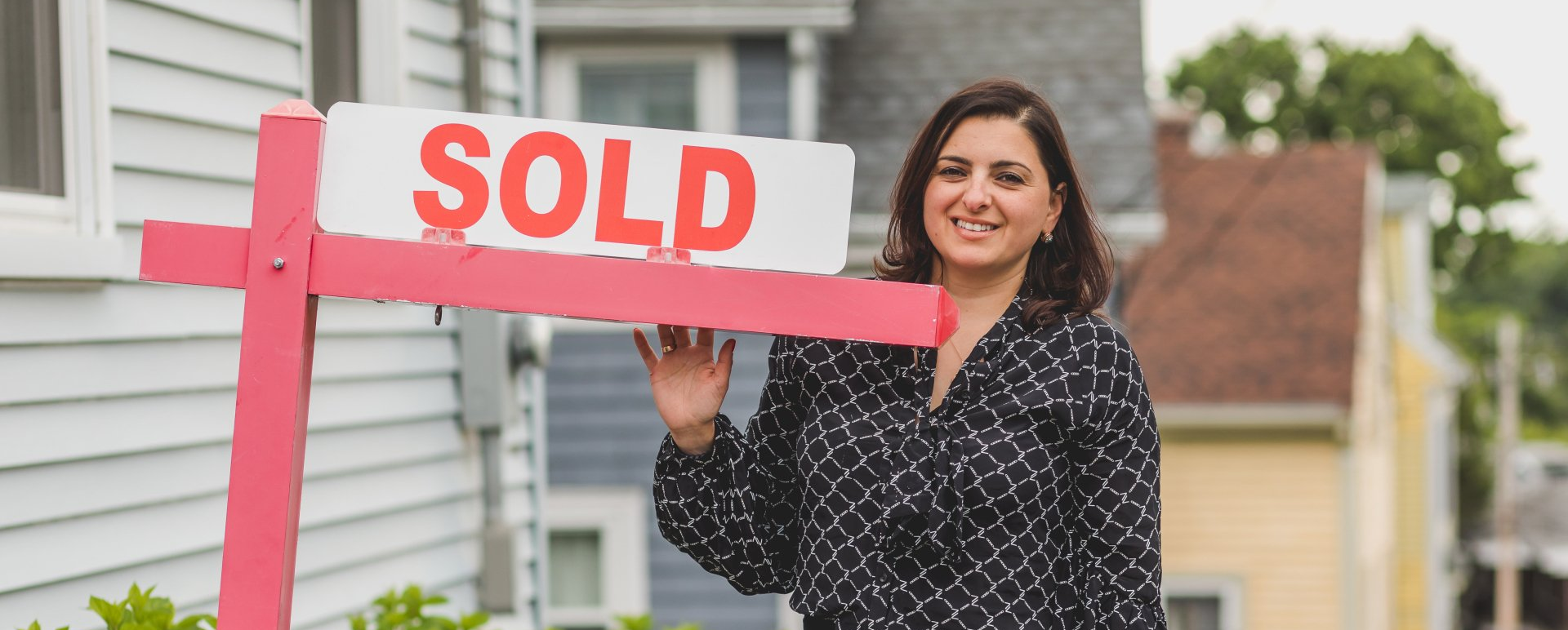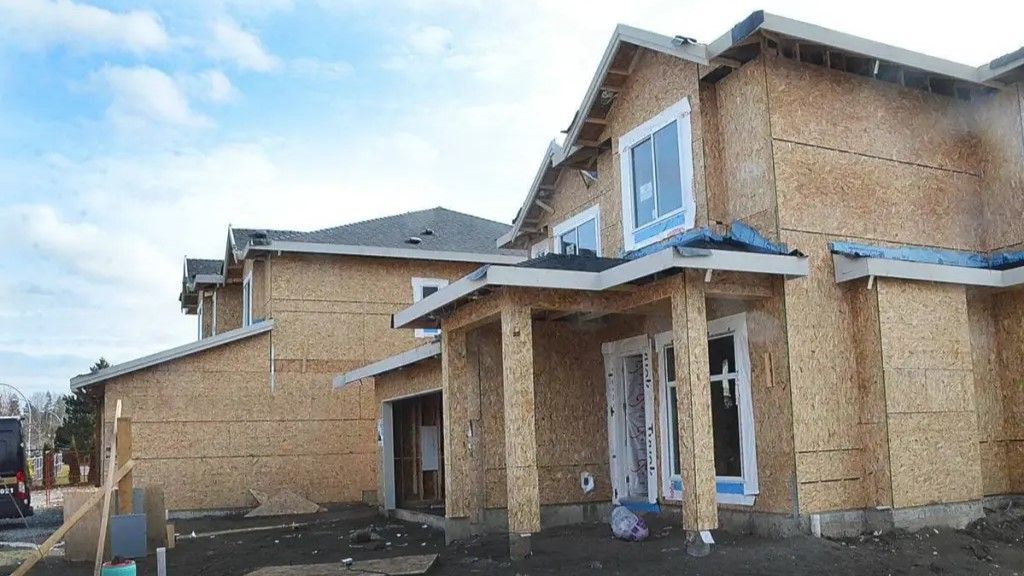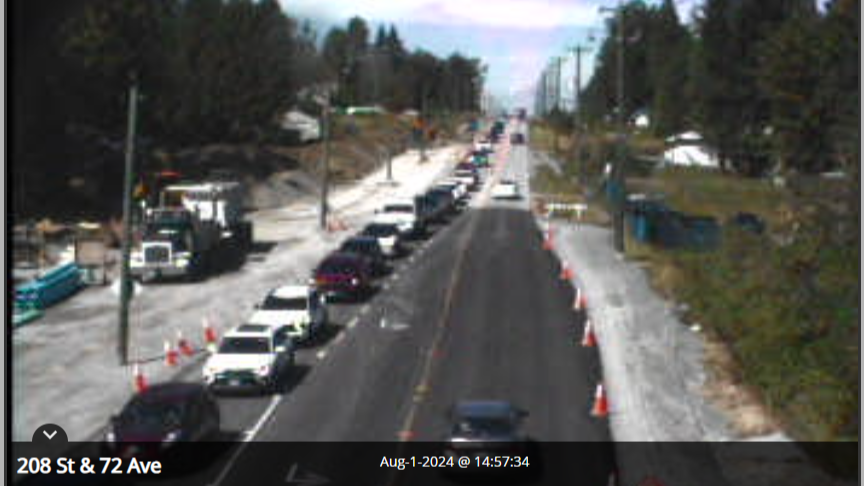Home sales across Lower Mainland dropped steeply in April, real estate boards say
CBC News - The Canadian Press • May 17, 2022

Figures down to typical levels in Vancouver area, but below 10-year average in Fraser Valley
The Real Estate Board of Greater Vancouver (REBGV) said Tuesday that residential home sales in the area it covers totalled 3,232 in April, down from 4,908 in April 2021 and 4,344 homes in March 2022.
The April sales were 1.5 per cent above the 10-year sales average for the month.
REBGV chair Daniel John said the return to a more traditional pace of home sales over the last two months provides hopeful homebuyers more time to make decisions, secure financing and perform other due diligence such as home inspections.
The board said there were 6,107 detached, attached and apartment properties newly listed for sale on the Multiple Listing Service (MLS) in the Vancouver area in April, down 23.1 per cent compared with April 2021 and down 8.5 per cent compared with March 2022.
The sales came as the MLS home price index composite benchmark price for all residential properties in the area was $1,374,500, up 18.9 per cent over April 2021 and a one per cent increase compared with March this year.
35% DROP IN THE VALLEY
Meanwhile, property sales in the Fraser Valley dropped by more than 35 per cent compared to March, according to the Fraser Valley Real Estate Board (FVREB). It was the first month in which monthly sales fell below the 10-year average since June 2020.
"We would typically see a flurry of activity around this time of the year," FVREB president Sandra Benz wrote in a statement.
"However, that's not been the case so far. While it's still too early to say whether this trend will endure, the slowing of sales combined with an increase in active listings is helping to restore a semblance of balance to the market, which is encouraging for homebuyers."
The cities and areas covered by the REBGV statistics are Burnaby, Coquitlam, Maple Ridge, New Westminster, North Vancouver, Pitt Meadows, Port Coquitlam, Port Moody, Richmond, South Delta, Squamish, the Sunshine Coast, Vancouver, West Vancouver and Whistler.
The FVREB covers the communities of Abbotsford, Langley, Mission, North Delta, Surrey and White Rock.
"We would typically see a flurry of activity around this time of the year," FVREB president Sandra Benz wrote in a statement.
"However, that's not been the case so far. While it's still too early to say whether this trend will endure, the slowing of sales combined with an increase in active listings is helping to restore a semblance of balance to the market, which is encouraging for homebuyers."
The cities and areas covered by the REBGV statistics are Burnaby, Coquitlam, Maple Ridge, New Westminster, North Vancouver, Pitt Meadows, Port Coquitlam, Port Moody, Richmond, South Delta, Squamish, the Sunshine Coast, Vancouver, West Vancouver and Whistler.
The FVREB covers the communities of Abbotsford, Langley, Mission, North Delta, Surrey and White Rock.







